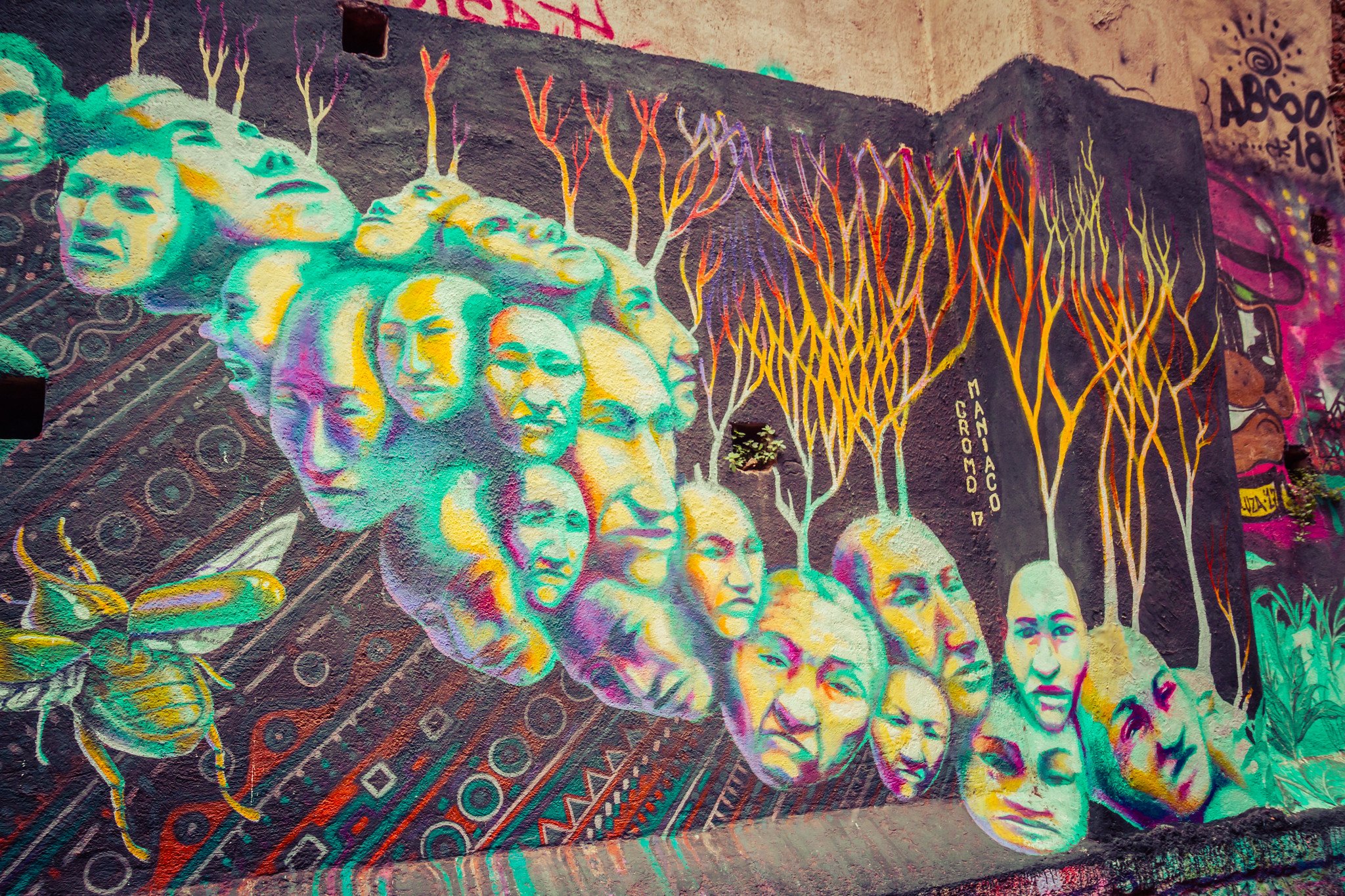
Agency Over Control: Choosing Your Response When Life Chooses the Circumstances
“You can’t control what anyone else does. What you can do is decide how to use your own agency to move forward.” What’s the difference between agency and control? Making this distinction now might be more important than it's ever been for preserving our mental health when so much feels out of our control. Read to learn more about how when recognize agency when our choices are limited.

Anxiety? Powerlessness? Ethical Distress? Use It.
It’s understandable that we could look at the world around us and feel anxiety, grief, and moral distress. We can recognize these emotions and give ourselves the space to acknowledge and process them. Moreover, we can recognize the need to combat our sense of powerlessness before it generates despair and paralyzes us into inaction. We can use our ethical compass and the physiological responses generated by anxiety and use these responses to our advantage. We can leverage these responses into action.

On Collective Grief: Caring for Our Emotions in Times of Political Unrest
Collective grief is a term used to describe the reaction of a group of people who undergo a significant loss or extreme change together. This can include experiencing any tragedy that affects a community or nation. We can feel this type of grief following a natural disaster, an act of mass violence, a hate crime, a pandemic, an act of war, or any event that threatens the safety and stability of our community.
Grief is a natural response to all kinds of loss - changing relationships, losing a job, moving to a new city, experiencing decreased physical or mental functioning, confronting our own mortality, or becoming disillusioned about the state of the world. We can also grieve the loss of a vision or expectation for the future.

Two Simple Steps for Better Communication
The need to be heard and understood is one most of us share. Yet we may often feel misunderstood by our partners, parents, children, friends, or colleagues. Moreover, it’s likely that some of those important people in our lives don’t always feel heard and understood by us. When we misunderstand one another, we often end up feeling frustrated and hurt.

Forest Bathing: How to Reduce Stress with or without a Forest
We’re likely all aware of the health benefits of physical activity. However, did you know that just spending time in nature - with or without movement - has significant health benefits? There is even a term for mindful time spent under the trees - “forest bathing.”

Ready to Travel Again? How to Cope with Culture Shock
If you've ever traveled outside of your hometown, you probably are familiar with the highs and lows of experiencing a culture different from your own. Traveling (even to another state or city) can be exciting, challenging, and full of learning opportunities. It also can be scary, frustrating, and overwhelming. In this season when more of us may be traveling, and students will be heading out to and returning from study abroad experiences, let’s consider what happens when our travel involves culture shock.